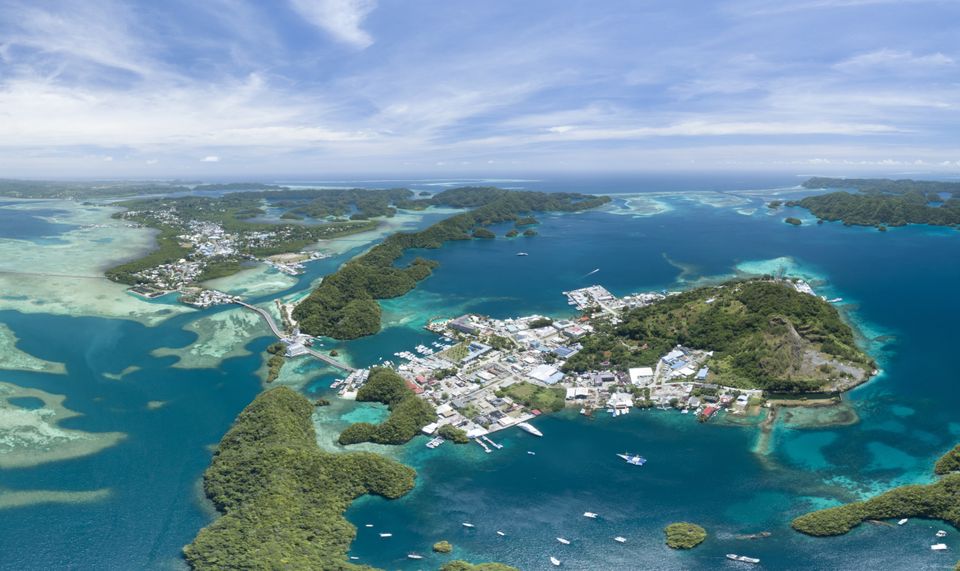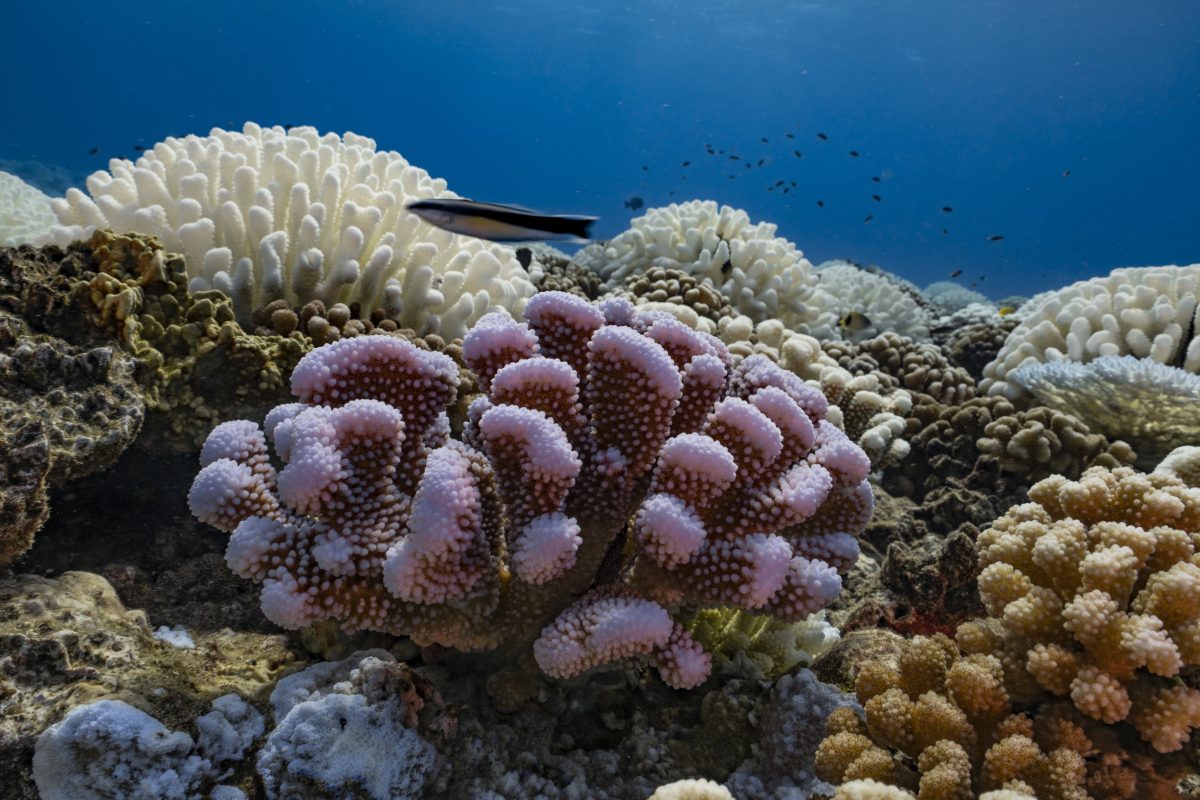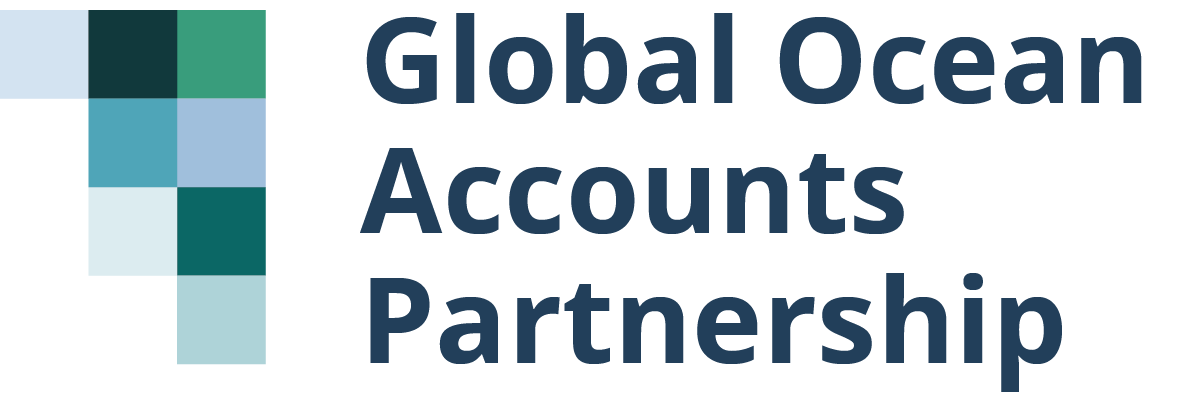What are ocean accounts?

💡
Ocean accounts organise social, economic and environmental information to enable coherent measurement of progress towards the sustainable development of the ocean, in line with the Sustainable Development Goals and other relevant national, regional and global commitments.
Ocean accounts are integrated records of regularly compiled and comparable data concerning ocean environment assets (e.g., extent/condition of mangroves), economic activity (e.g., sale of fish) and social conditions (e.g., coastal employment).
They retain a similar structure to existing national accounts maintained by National Statistical Offices or Finance Ministries and are compatible with the System of National Accounts, the System of Environmental-Economic Accounting, the Framework for Development of Environment Statistics and the ten Fundamental Principles of Official Statistics.
Ocean accounts integrate four key components:
- Macro-economic accounts from which economic measures such as GDP are derived, and from which legal, illegal, unreported, and unregulated activities can be accounted for.
- Environmental-economic accounts that explain assets and flows, wastes, expenditures, taxes, and subsidies.
- Ecosystem accounts which agree on a spatial framework or the extent, condition, biodiversity, services, and value of ecosystems.
- Structured data on ocean beneficiaries, technology, governance, and management.
Download the Ocean Accounts Factsheet
Further resources
Ocean accounts: A seachange approach in ocean decision-making - SAIIA
Ocean accounts organise ocean data (social, environmental and economic) into a common framework, using the same structures as found in existing national accounts of national statistical offices or finance ministries.

Stats Brief, February 2020 (Issue no. 22): Ocean Accounts: the icing on the cake
ESCAP serves as the United Nations’ regional hub promoting cooperation among countries to achieve inclusive and sustainable development. It is the largest regional intergovernmental platform with 53 Member States and 9 associate members.


